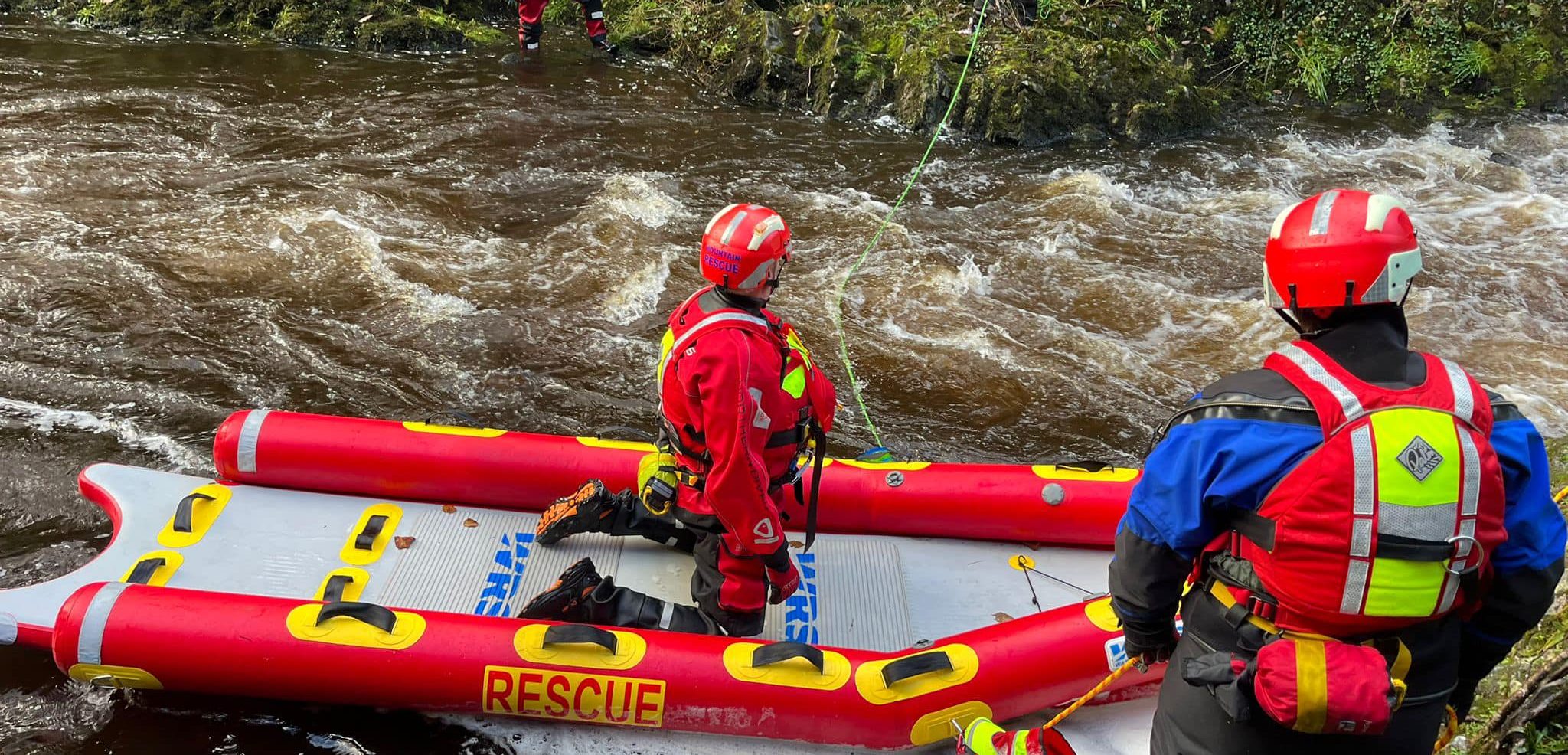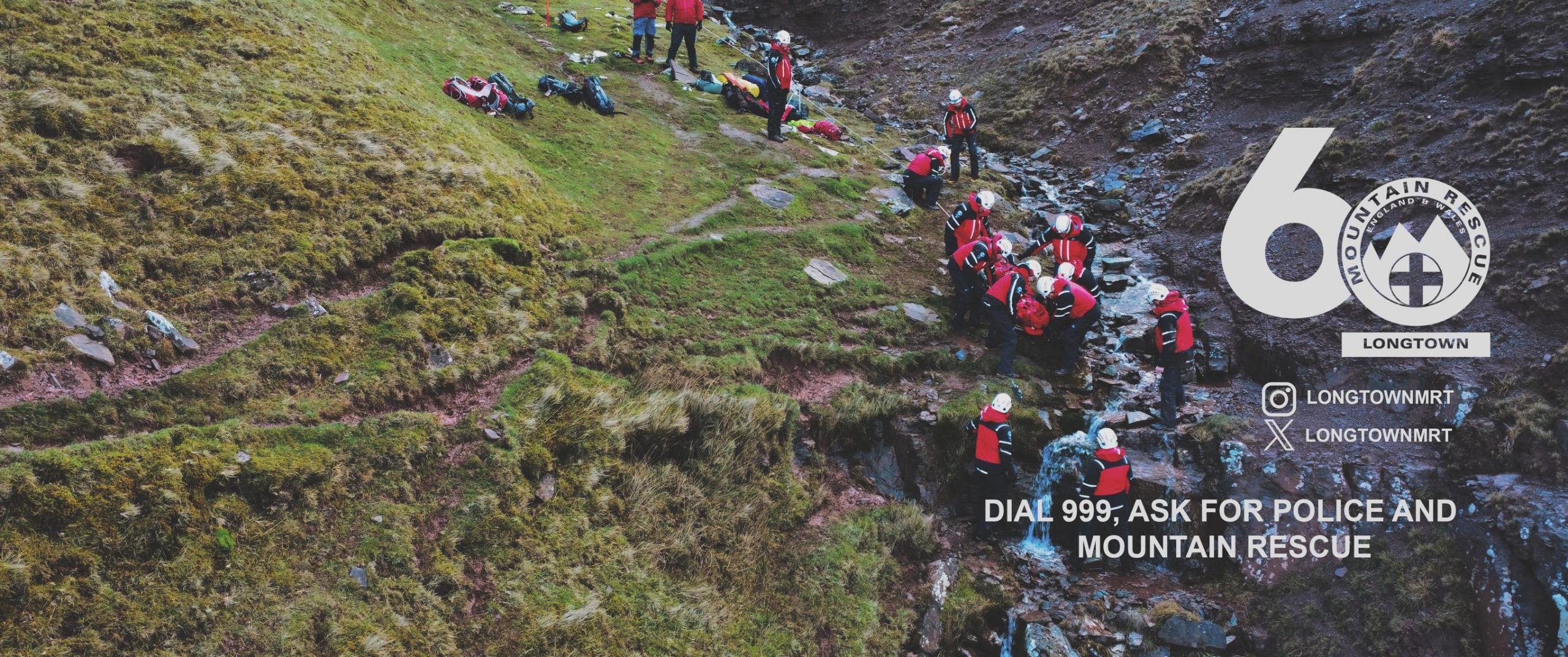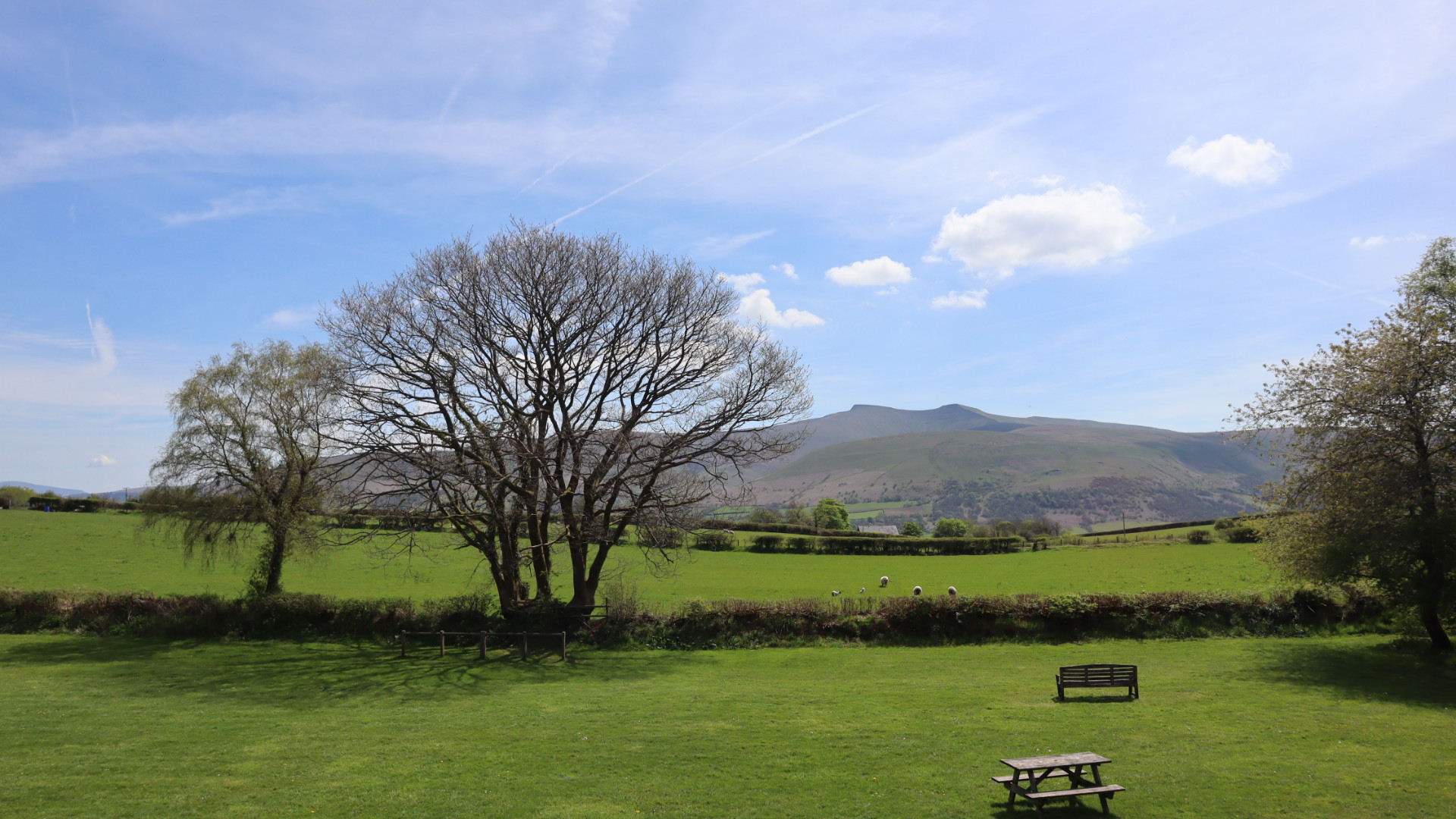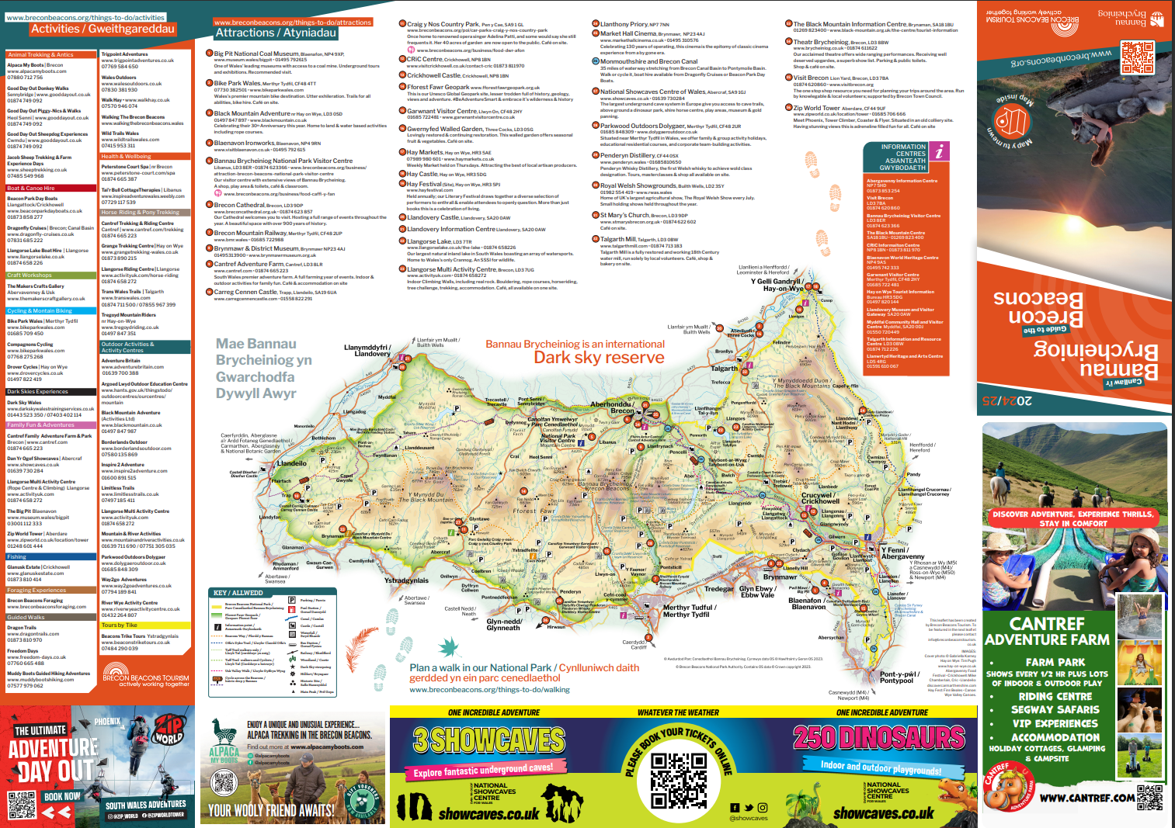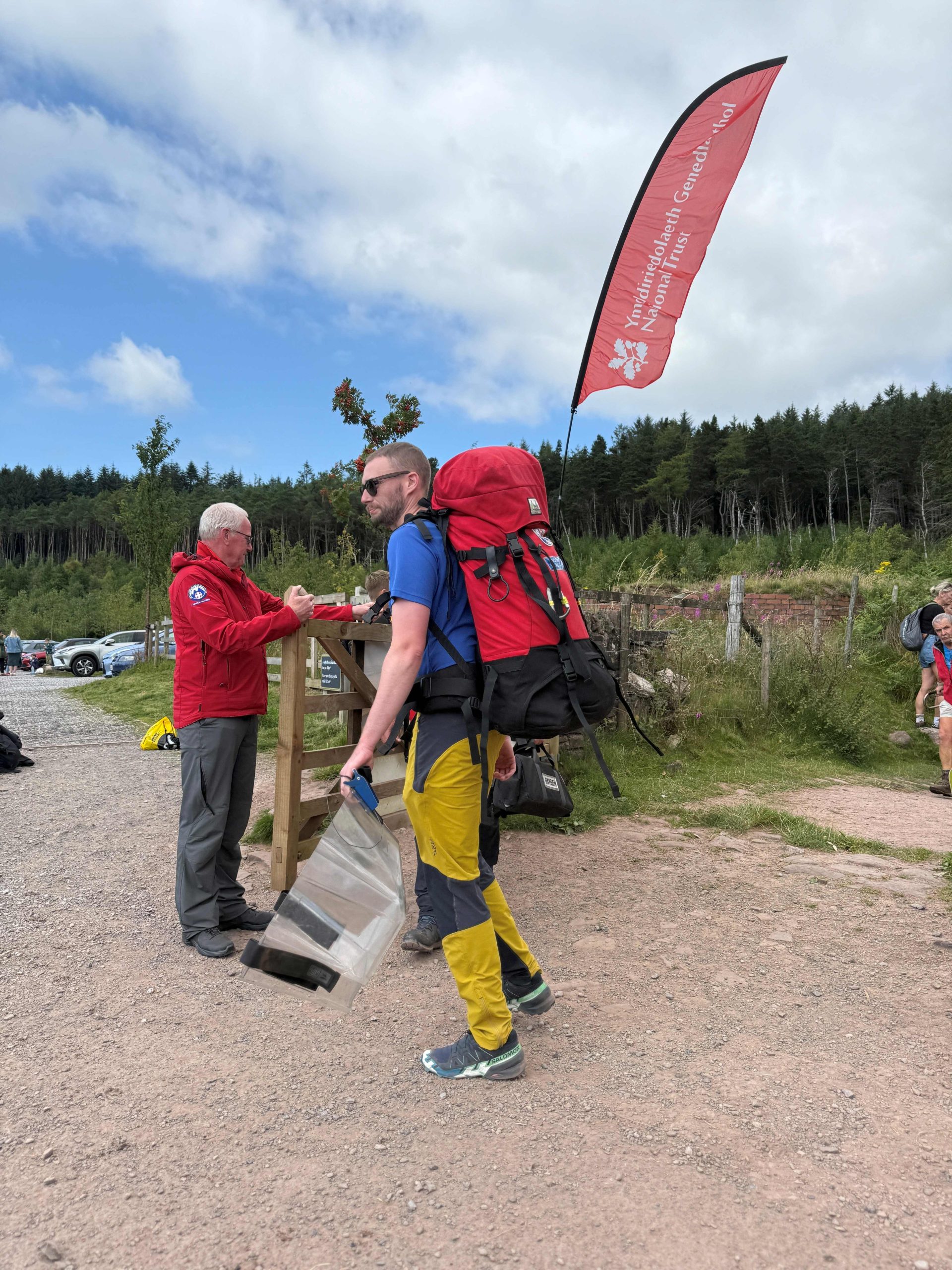Be prepared
Get ready for your adventure in Bannau Brycheiniog (Brecon Beacons) National Park with essential tips and guidance to help you stay safe and make the most of your visit.
Take the correct equipment, check the weather and have the right skills and knowledge.
Bannau Brycheiniog National Park’s landscapes can be dangerous places if you don’t take the necessary steps to stay safe. Prepare for your trip by taking the right equipment, keeping an eye on the weather forecast, and ensuring you have the necessary skills for your journey.
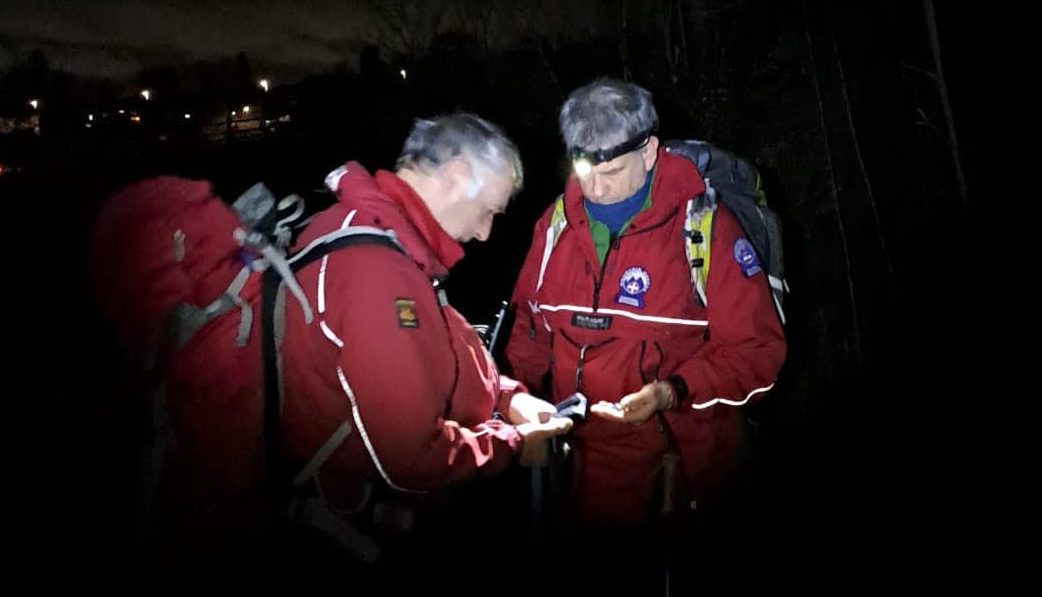
Equipment
You should take the right equipment to prepare for any unexpected events or changes in the weather.
- Map and compass: Carry a map and compass with you, even if you think you’re familiar with the route.
- Thermal layers: Temperatures can get colder on mountain summits. Always carry extra layers with you.
- Waterproof layers: Weather conditions can change within minutes. Don’t get caught out in a rain shower.
- Suitable hiking boots: Uneven terrain can lead to injury. Wear suitable hiking boots with a thick sole and high sides.
- Fully charged phone: Make sure your phone is fully charged before starting you journey and avoid using it unless it’s and emergency.
- Torch and whistle: Carry a torch and whistle in case you get caught on a summit after dark.
- First aid kit: A first aid kit can be useful to cover up any scrapes or small wounds and help treat blisters.
- Food and drink: Make sure you carry enough food and drink, especially in warmer weather.
Weather and conditions
Weather in upland areas of the National Park can change within hours. Preparing for these potential changes is essential.
- Check the forecasts: The best time to check the forecast is a few hours before the start of your journey. The forecasts will be more accurate at this time. Use the Met Office service for the latest forecasts.
- Plan for all conditions: Don’t be over-reliant on forecasts. Remember that the weather can change without warning, and you will need to carry the appropriate equipment for all types of conditions.
- Keep your plans flexible: If you do not feel comfortable with the conditions, consider changing your plans or turning back.
Skills and knowledge
Having the relevant skills and knowledge is essential to staying safe in some parts.
- Fitness: Ensure your fitness level is appropriate for the journey ahead. If you are unsure of your fitness level, try completing a less arduous journey first.
- Knowing the way: Familiarise yourself with the journey before you start and plan for any changes in the weather.
- Skills: Make sure you have the necessary skills for the journey, for example, map-reading skills and the ability to use a compass.
- Be aware of your ability as well as the group’s ability: You should plan your trip based on your ability or, if travelling in a group, the ability of the least skilled person in the group.
- Share your plans: Remember to tell someone about your plans before embarking on the trip.
What to do in an emergency
Inland: Call 999 and ask for the police and the mountain rescue team
Inland waters: Call 999 and ask for the Fire and Rescue Service
They will ask for the following details on the call:
- Your location
- Your name, sex and age
- Nature of your emergency or injuries
- Number of people in your group (if applicable)
- Your mobile phone number
If you have hearing or speech needs, you can text the emergency services, but you will need to register in advance. Text the word ‘register’ to 999 and follow the instructions.

